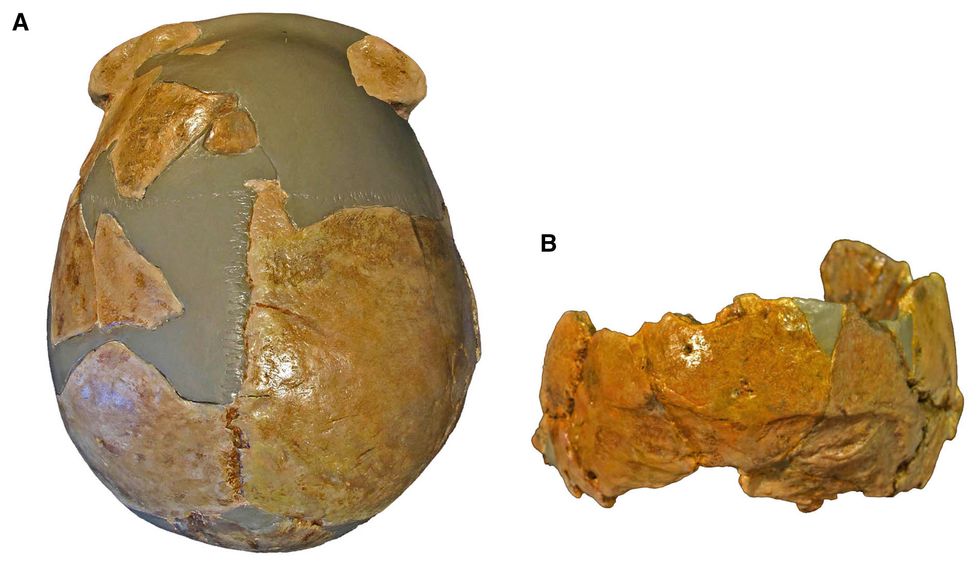Besides bringing torment, torture, and at times love and kindness into this world, humans always have a way of internally channeling natural curiosity for their surroundings and themselves. Furthermore, they will often transcend this curiosity into manipulating or experimenting with their environment. While these actions tend to pave a way for the future, looking into our past is also crucial.
Dating back to a little over 5 million years ago, the first human ancestors, also known by the genus Australopithecus, emerged. These ancestors were an intermediate between human and ape. Due to the biological similarities between this genus and humans, we were all classified as hominids. Many of you have probably heard the common saying of how we have evolved from our ancestors in Africa. This is primarily because the Australopithecus fossils were found in various parts of Africa. While this is true, what many are unfamiliar with is the diaspora of these hominids into the European and Asian countries, more so creating the “sub-speciation” we know today.
Recently, Michael Gross, a science writer from Oxford, reported the recent findings of movements of early hominids. The basis of the research was to investigate the length of hominids dating back in Asian compared to European countries. Researchers conducted many studies on the Peking Man, a skull that scientists found in Beijing circa 1929, and dates around 780,000 years ago. While this was an important discovery, in the evolutionary tree this finding was exclusively unique. Many have thought, based on recent findings of fossils, that the first Homo sapiens existed elsewhere and later migrated to the European countries and Northern Asia. Recent studies seem to dispute this idea. Scientists have recently excavated a cave in Southern China and radiocarbon dated a fully fossilized jaw structures, results suggesting an origin of 40,000-50,000 years (preceding any remnants found in Europe or Northern China). Scientists hypothesize that it was easier for the hominids to migrate within the same latitude during the glacial period due to similar environmental settings.
Moreover, the excavation continued into central China, where a peculiar skull provided more insight into some variant hominid particular to that part of Asia. In fact, these researchers found remnants of a more modern variation of Neanderthal skull. The brain cage was larger as would be expected by a Neanderthal, but the bone density was more like a Homo sapien’s would be. According to the article most of the Neanderthals migrated to European countries because they could acclimate to the colder weather. Combining this reasoning with the recent finding also somewhat concludes that there was continuity in the migration throughout Eurasia as some of the Neanderthal brain components were found in China.
Although, we have acquired more knowledge about the migration that take took place during the glacial period, genetic information is significantly missing in this paper. Although there is some tangible evidence for the possibilities explained above, according to the Ph.D. students at Max Planck Institute for Evolutionary Anthropology, the genetic data may provide insight into their behavioral patterns, progression into modern humans, and migratory routes.
Regardless, it is important to understand that scientific progression does not necessarily need to be about “progression”. We can try to look at the past a bit more to understand where we come from and who we are. Perhaps, if we learn more about out past, it can possibly shed some light into our future especially with the social stratification extant in many societies and cultures.
Of course, the results of this paper can be interpreted in many ways. I think it Is important to understand that we are in fact the same. Although we look different from each other and have a broader definition of sub-speciation, we are essentially just variations of each other.

















